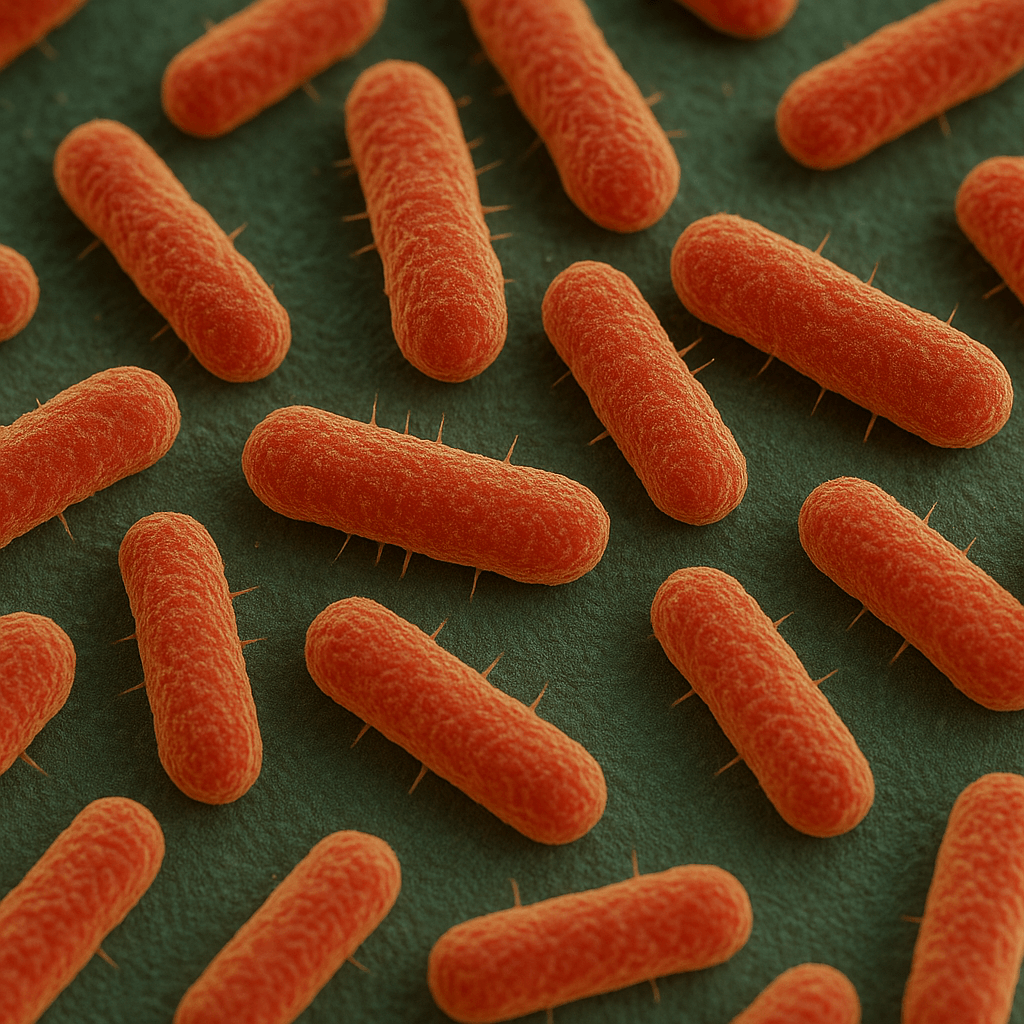Water is essential for life, but when contaminated, it can carry bacteria, viruses, parasites, and toxic chemicals. Long-term use of unsafe water or improper treatment can have serious effects on the digestive system, nervous system, and internal organs.

I eat healthily, always pay attention to food safety and hygiene, yet I frequently suffer from diarrhea and nausea. Could the cause be unsafe water that I haven't noticed?
Common diseases from drinking contaminated water include:
Acute Diarrhea: Caused by bacteria (E. coli, Salmonella, Shigella) or viruses (Rotavirus, Norovirus), leading to stomach pain, diarrhea, vomiting, dehydration, and can be particularly dangerous for children and the elderly.
Typhoid Fever: Caused by Salmonella Typhi, characterized by prolonged high fever, stomach pain, diarrhea, or constipation.
Cholera: Caused by Vibrio cholerae, causing severe diarrhea, rapid dehydration, and can be fatal if not treated promptly.
Hepatitis A and E: Spread via the digestive system, symptoms include jaundice, loss of appetite, fatigue, and abdominal pain.
Parasitic Diseases: Such as Giardia, Cryptosporidium, and amoebas, leading to prolonged diarrhea, bloating, and dull abdominal pain.
Chemical Poisoning: Water containing heavy metals like lead, arsenic, or agricultural chemicals can damage the nervous system, cause cancer, or lead to birth defects if exposed for extended periods.
People should use treated water, boil it thoroughly before drinking. For well water or long-stored water, regular quality checks are essential. Additionally, everyone needs to maintain personal hygiene and keep their living environment clean to reduce the risk of exposure to contaminated water sources.